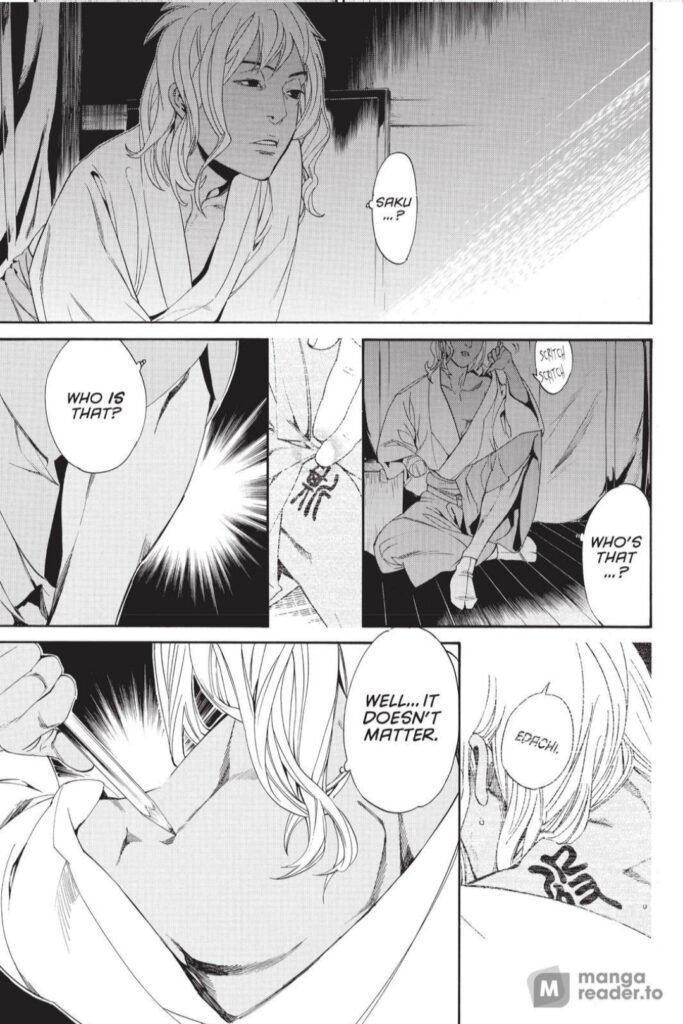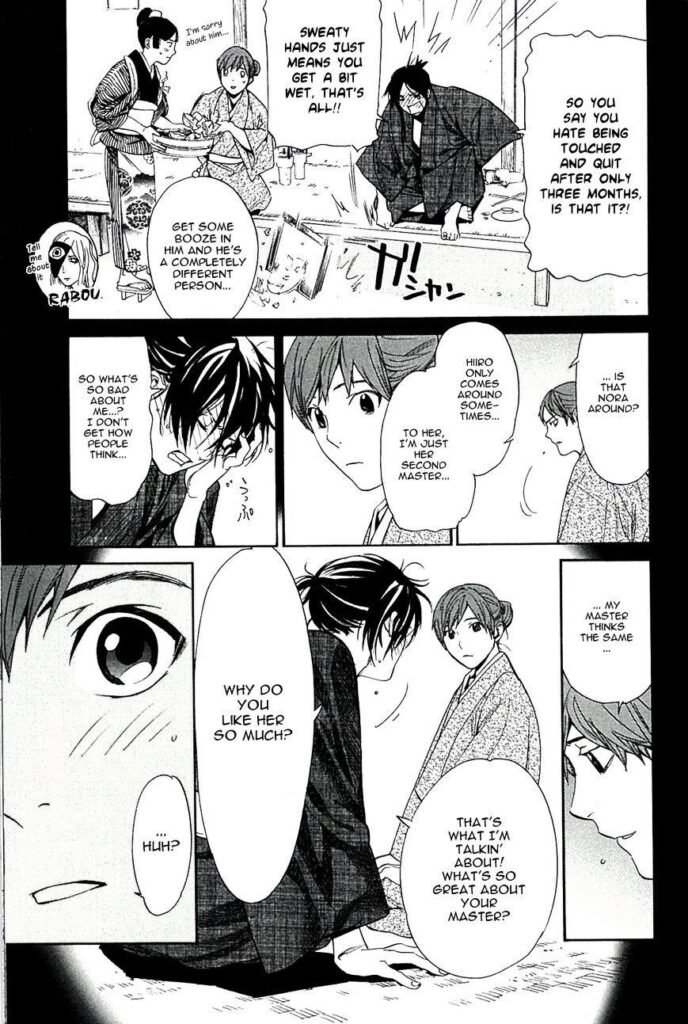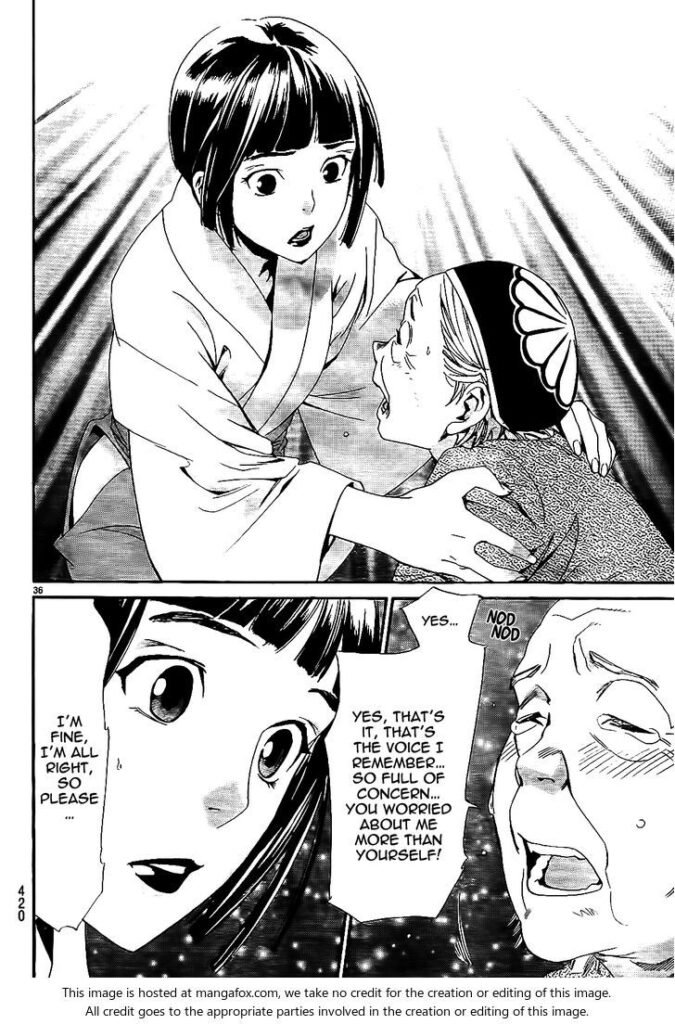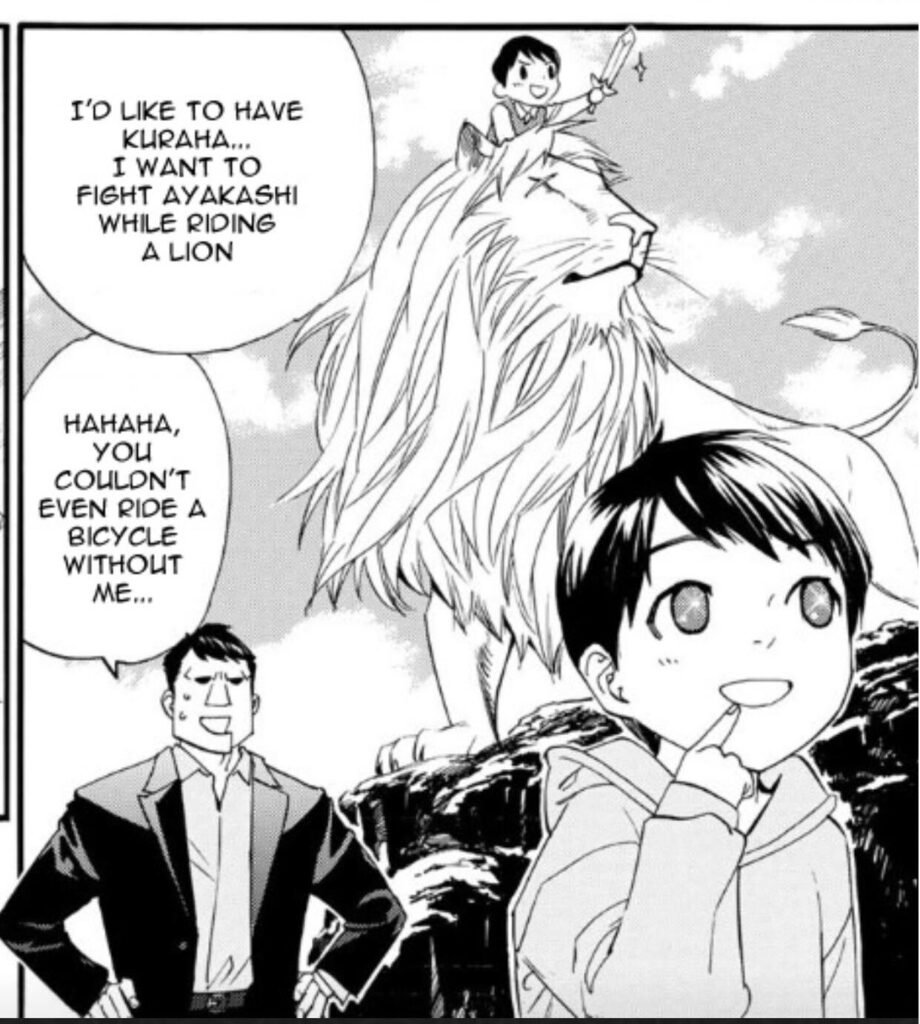- To rule is to stand alone atop the summit of power, where every decision sculpts the fate of nations and the lives of men.
- As king, my word is law, my will, the very axis upon which the world turns. Such is the burden that only the worthiest shoulders can bear.
- Authority is not a privilege but a monumental responsibility—for the king must be both the sword and the shield of his people.
- True kingship means understanding the weight of the crown; it is a golden burden, heavy with duty and soaked in the solitude of command.
- My rule is absolute, my governance supreme; to question this is to question the very order of the universe I uphold.
- Each artifact in my treasury, a conquest, a victory, a tale of my supremacy over the mortal and the divine.
- These treasures are not mere objects but the spoils of my eternal dominion, symbols of power that only one as sovereign as myself may possess.
- My collection is a reflection of the world’s history, every piece a subject under my rule, every gem a star in the cosmos of my creation.
- To collect is to select the finest, for I am the arbiter of value in a world cluttered with the commonplace.
- These relics are not hoarded but held, preserved under the watchful gaze of the one true king, testament to my unrivaled taste and accomplishment.
- At the summit of power, the air is thin, and companions few—the price of being unmatched in glory and might.
- Loneliness is the loyal consort of greatness; in the echo of my solitary footsteps, the halls of power whisper back with cold familiarity.
- Who can stand beside one such as I? Among mortals and gods, I walk alone, for none dare tread the lofty peaks of my ambitions.
- The solitude of supremacy is no curse but a solemn truth, the silent shadow cast by the brilliance of my rule.
- As the greatest hero, my path is singular, my journey, a solo ascent to heights unknown to lesser beings.
- This modern age—a pale imitation of the golden eras past, where valor and virtue have yielded to vice and vacuity.
- The present world is bereft of the splendor and wisdom that once graced the courts of kings; it is a kingdom of ashes, ruled by the unworthy.
- Where are the heroes of this age? Reduced to mere shadows by the dim light of today’s tawdry, fleeting desires.
- Modernity has forgotten the ancient laws, the noble truths—replaced by a cacophony of chaos, a discordant symphony unworthy of my audience.
- I look upon this era and see not advancement but decay, a festering of values that once held civilizations aloft.
- As once in myth, so again in reality—my deeds echo through eternity, the threads of legend and truth woven into the fabric of my being.
- The tales of old speak not merely of history but of prophecy, for in my story, the past and present dance in the eternal cycle of supremacy.
- Like the hero of those ancient epics, my journey transcends time, each act a reaffirmation of the legend that is my birthright.
- The Epic speaks of trials and triumphs, and my life, a mirror to these sagas, is a testament to the undying nature of my spirit.
- In every age, I am the axis, the eternal hero whose saga is relived, a perpetual cycle of rising and ruling as both man and myth.
- Enkidu, my equal, my mirror—where once we stood shoulder to shoulder, now I traverse a world unworthy of such companionship.
- The bond with Enkidu was forged in the fires of battle and respect, a stark contrast to the fleeting and shallow connections of today’s world.
- In Enkidu, I found challenge and camaraderie—the likes of which this modern era cannot replicate with its pale imitations of loyalty and strength.
- The world has changed, but the essence of true friendship remains constant, a measure by which all contemporary bonds are found wanting.
- Our friendship was the stuff of legend, a dynamic balance of rivalry and respect that today’s world lacks the depth to understand.
- War is an artist’s canvas, and my approach is the brushstroke of supremacy, painting my dominance across the battlefields.
- In combat, I am not just a participant but a spectacle of power, each move calculated to demonstrate the futility of opposition.
- My tactics are born from a blend of divine strategy and human cunning, a legacy of my dual nature as king and god.
- The battlefield is my domain, where I orchestrate violence and victory with the precision of a maestro, each victory a testament to my indomitable will.
- To my enemies, my approach to war is a terror; to historians, a master class in the art of conquest.
- Born of gods, raised by kings, my life is a confluence where divine providence meets mortal ambition.
- My divine heritage grants me a perspective elevated above the mere mortal realm, yet it is my humanity that tempers my omnipotence with purpose.
- I embody the zenith of divinity and the depth of humanity, a synergy of essences that crafts the sovereign entity that I am.
- Though my veins carry the ichor of the gods, it is my human experiences that forge the complexity of my rule and reign.
- The dual facets of my nature are not at odds but in harmony, a symphony of celestial power and earthly insight.
- Each weapon in my arsenal is a relic of eras past, a testimony to civilizations that bowed before my might.
- My weapons are not mere tools of war; they are extensions of my will, symbols of my authority and the divine right of kings.
- The history of each blade, each spear in my collection tells a story—a narrative of conquest, of triumph, of the rise and fall of empires.
- These artifacts wield power beyond their edge or heft; they wield the weight of history, each a chapter of the saga that is my reign.
- To wield these weapons is to command the forces of history, to turn the tide of battles and the fate of nations with the grip of my hand.
- I see the heroes of this age as children playing at war, their valor as fleeting as their fame.
- None but a few are worthy to even speak my name, let alone stand as my equals—such is the paucity of true heroism in this era.
- My judgment is absolute, my discernment infallible. I measure the worth of kings and heroes by standards as timeless as my own existence.
- In my eyes, most heroes are but sparks against the sun—briefly bright, quickly faded into the obscurity of my disdain.
- There are those who may earn my respect, even in this diminished age—those rare souls who reflect a glimmer of the heroism of old.
The Burden of Kingship
The Treasure of the King
The Hero’s Loneliness: Isolation at the Pinnacle of Power
The King’s Critique of the Contemporary World
Epic of Gilgamesh: Parallels Between Myth and Presence
Gilgamesh and Enkidu vs. The Modern World
Gilgamesh’s Approach to Combat and War
Divinity and Humanity: Gilgamesh’s Dual Nature
The Significance of Gilgamesh’s Weapons
Gilgamesh’s Views on Other Servants and Heroes





